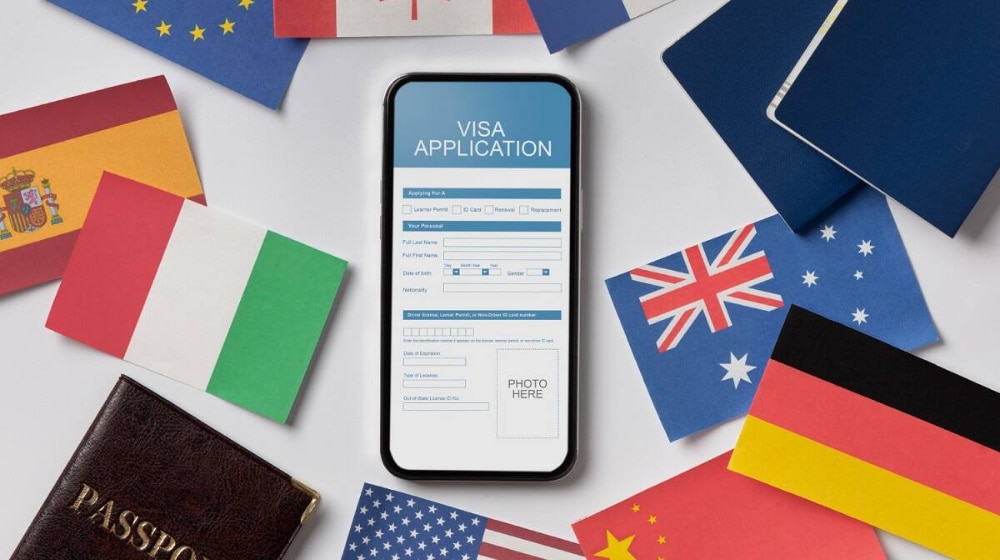
Teodora Marinska, the Chief Operating Officer and Head of Public Affairs at the European Travel Commission, highlighted the benefits of digitalizing the Schengen visa application process, making it more accessible for foreigners wishing to enter the bloc.
During the Arabian Travel Market in Dubai, Marinska underscored the challenge faced by foreigners seeking Schengen visas due to the high demand, often resulting in unavailability of appointment slots. She noted instances where applicants resort to applying at a Schengen country embassy due to ease of procedure or lack of appointment availability in their intended destination.
Marinska emphasized that digitalizing the process will revolutionize the experience, offering a seamless procedure with automated appointment allocation.
“Digitalization is crucial here. I believe we have the tools to provide a highly seamless travel experience for people very soon, solely through digital visas,” said Marinska. She added that EU authorities must ensure minimal border delays and avoid additional burdens on transport operators once the process transitions online.
Upon full digitalization of the Schengen visa application, applicants, excluding first-time applicants, will complete all procedures online via a single platform. Physical appearances at embassies or consulates will no longer be necessary, significantly reducing costs as applicants will only pay the visa fee.
Additionally, applicants will no longer need to gather and print extensive documents. Instead, they can upload electronic copies of travel and supporting documents and make payments on the platform.
While first-time applicants and those with invalid biometric data or new travel documents will still require physical appearances, the online process will minimize wait times for those needing consulate or embassy visits.
All applicants will have the option to specify their preferred member state for visa processing on the platform. Once applicants complete the process and relevant member state authorities finalize their review, decisions will be communicated through the platform.
Visas will be issued digitally with a cryptographically signed 2D barcode, marking a significant shift toward modernizing and streamlining the Schengen visa application process.
View Comments
I want to apply gaming visa